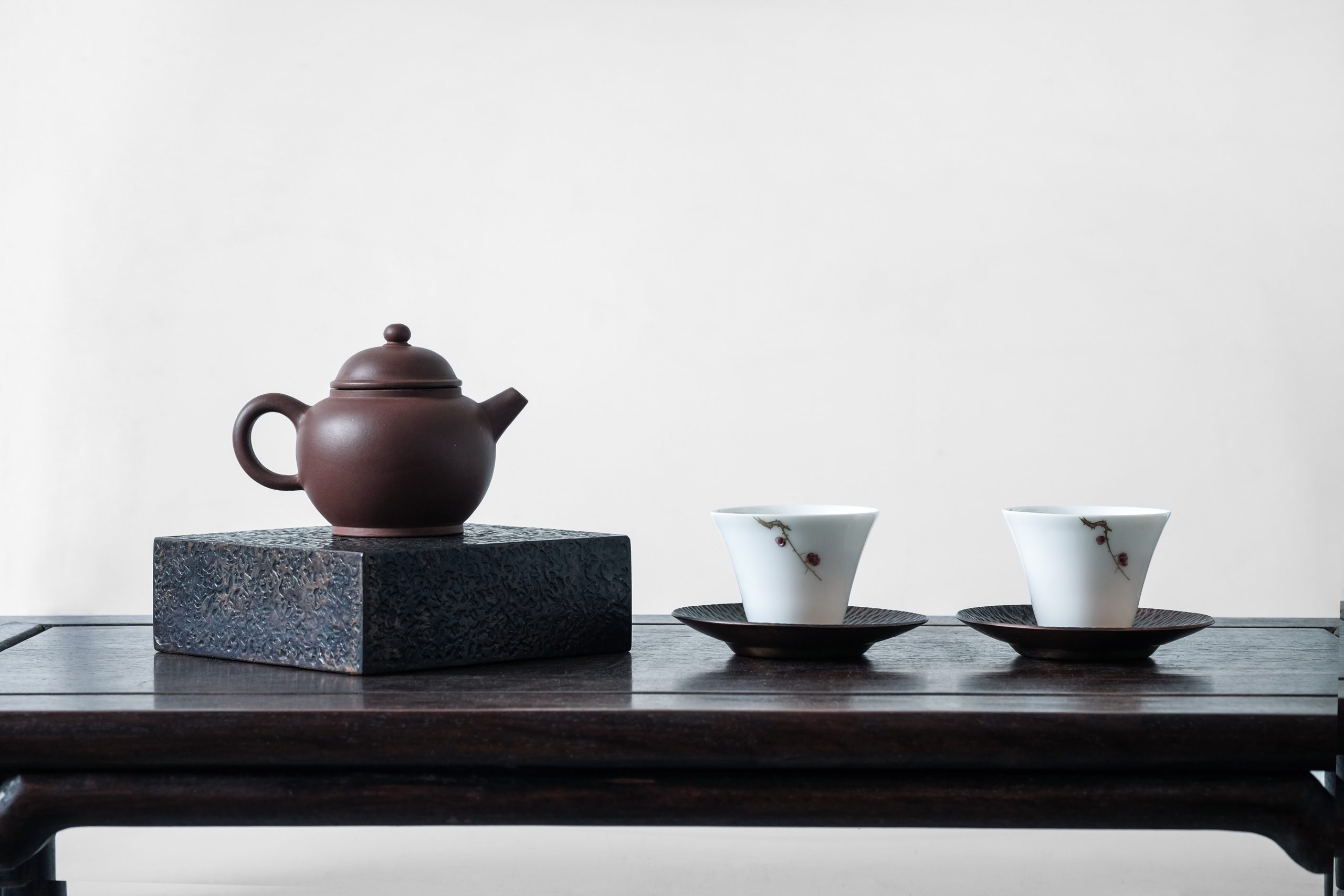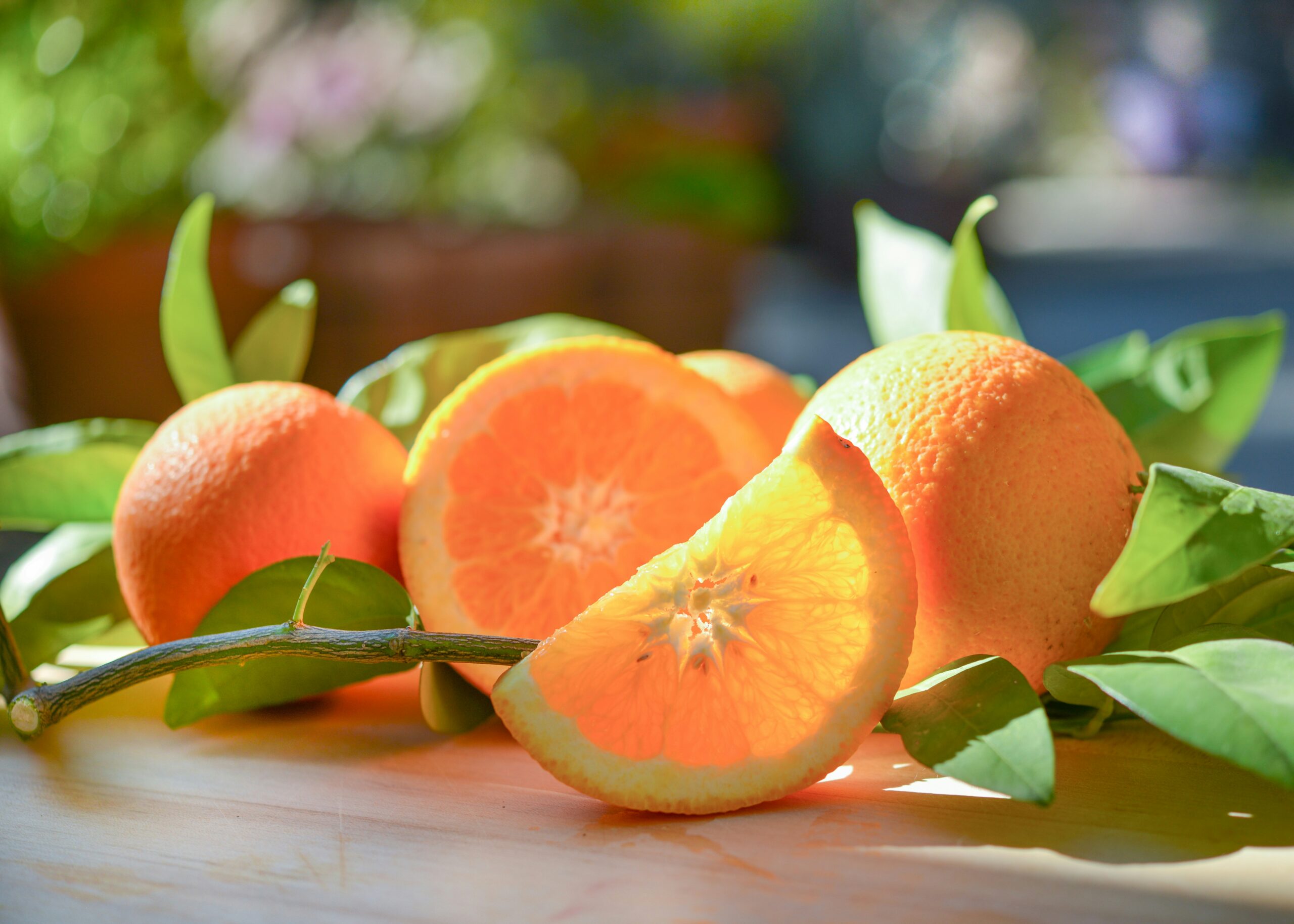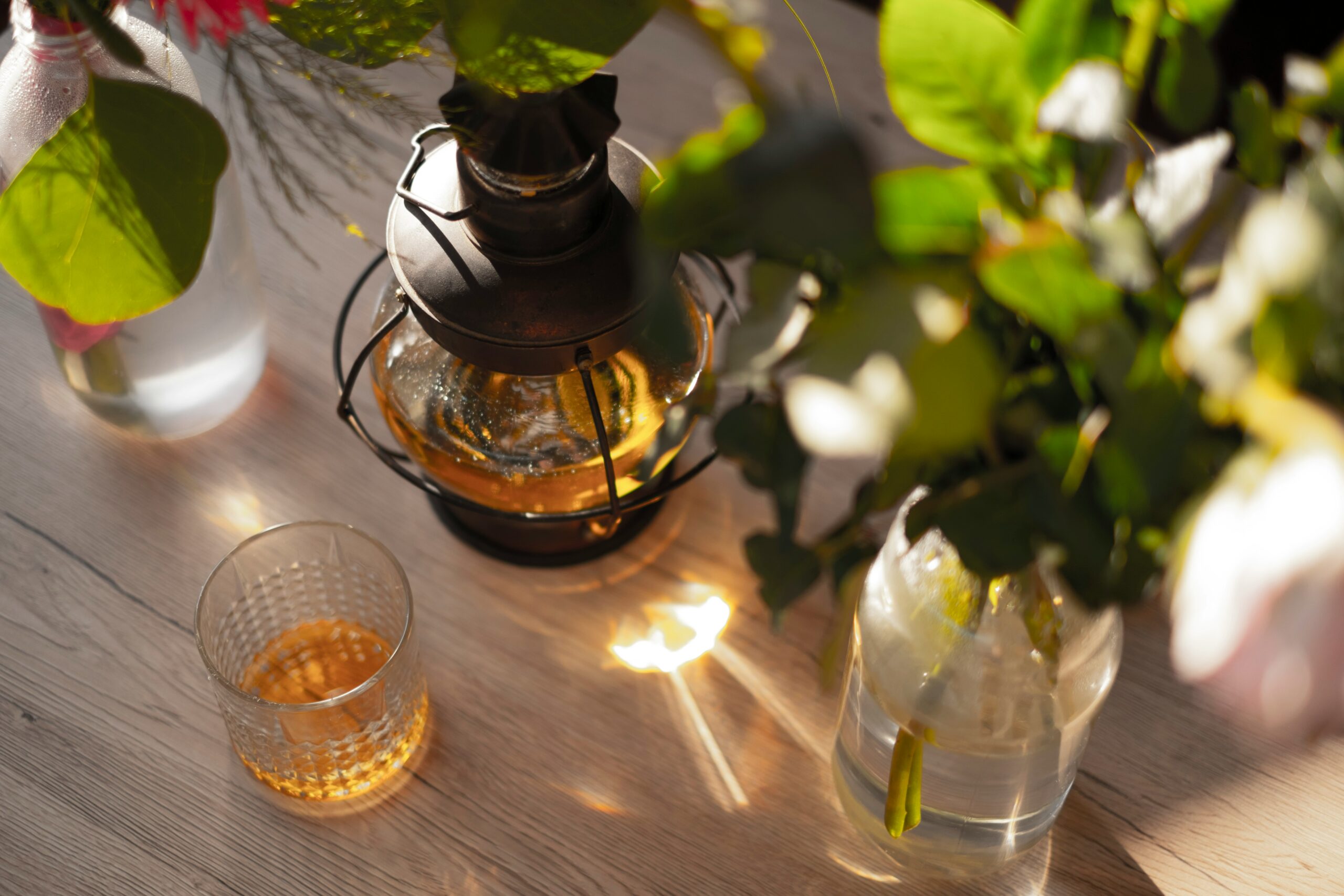Blogs » Μη κατηγοριοποιημένο » Feeling Dizzy from Caffeine? Causes of Caffeine Intoxication and Recommended Caffeine-Free Teas
Feeling Dizzy from Caffeine? Causes of Caffeine Intoxication and Recommended Caffeine-Free Teas
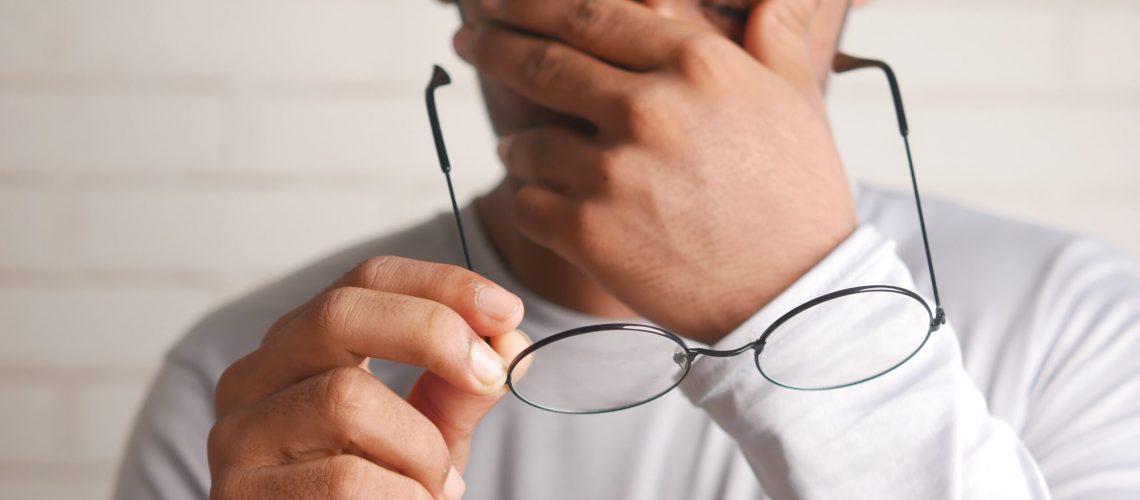
Have you ever experienced dizziness from drinking caffeine? This phenomenon, which can occur when consuming caffeine continuously, is sometimes referred to as “caffeine intoxication” in industries where frequent tea tasting is common.
In this article, we will explore the nature of caffeine intoxication. We’ll also introduce some recommended caffeine-free teas for those who are sensitive to caffeine, so be sure to read through to the end!
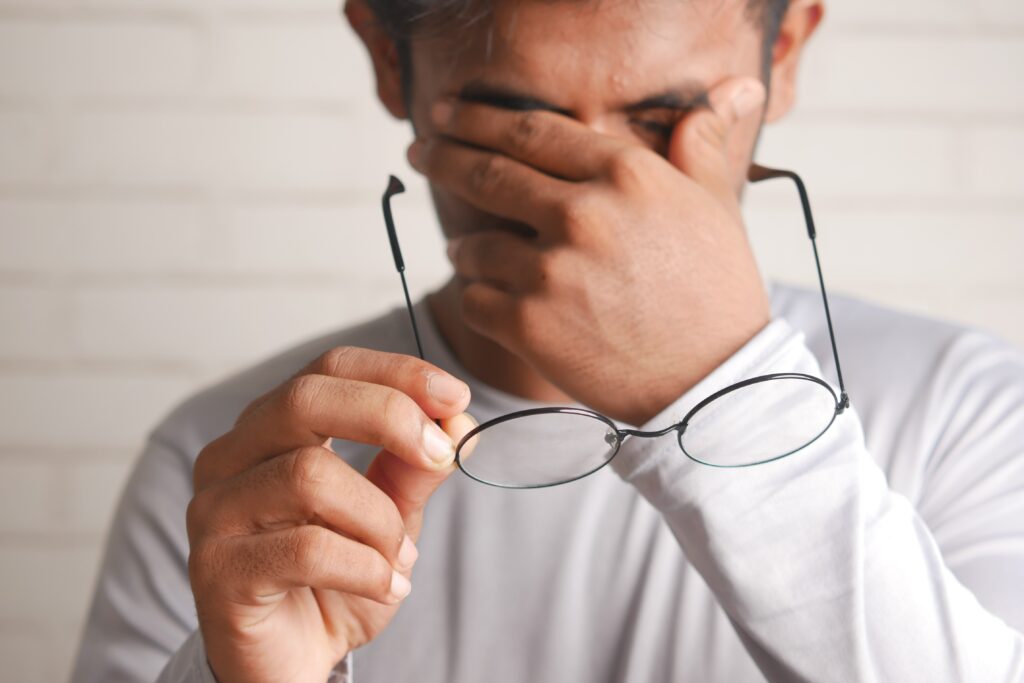
What is caffeine intoxication?
Caffeine intoxication refers to the symptoms that can occur from excessive caffeine consumption. According to the Ministry of Health, Labour and Welfare, the effects of excessive caffeine intake include:
- Dizziness
- Increased heart rate
- Excitement
- Anxiety
- Tremors
- Insomnia
- Diarrhea
- Nausea
These symptoms result from the stimulation of the central nervous system.
Reference: Ministry of Health, Labour and Welfare, “Q&A on Excessive Caffeine Intake in Foods,” link
The symptoms of caffeine intoxication are similar to those of alcohol intoxication, which is why the term “caffeine intoxication” is used.
What is the recommended amount of caffeine to avoid intoxication?
According to the Ministry of Health, Labour and Welfare, there is no internationally or nationally set limit for daily caffeine intake due to individual differences. However, Canada’s health guidelines suggest the following:
- Healthy adults should limit their intake to a maximum of 400 mg per day (approximately equivalent to 3 cups of coffee, each 237 ml).
For details on the caffeine content in coffee and tea, refer to previous articles on the topic.
Comparison of Caffeine Limits:
Based on the previously introduced article and the caffeine limit of 400 mg/day, the following calculations can be made:
- Coffee: Caffeine content per 100g of extract: 0.06g Recommended daily intake: 100g × 400 / 60 = 666.7g ≈ 666.7 ml
- Gyokuro (Jade Dew): Caffeine content per 100g of extract: 0.16g Recommended daily intake: 100g × 400 / 160 = 250g ≈ 250 ml
- Sencha: Caffeine content per 100g of extract: 0.02g Recommended daily intake: 100g × 400 / 20 = 2,000g ≈ 2,000 ml = 2 liters
- Kamairicha (Pan-roasted tea): Caffeine content per 100g of extract: 0.01g Recommended daily intake: 100g × 400 / 10 = 4,000g ≈ 4,000 ml = 4 liters
- Bancha (Coarse tea): Caffeine content per 100g of extract: 0.01g Recommended daily intake: 100g × 400 / 10 = 4,000g ≈ 4,000 ml = 4 liters
- Hojicha (Roasted green tea): Caffeine content per 100g of extract: 0.02g Recommended daily intake: 100g × 400 / 20 = 2,000g ≈ 2,000 ml = 2 liters
- Oolong Tea: Caffeine content per 100g of extract: 0.02g Recommended daily intake: 100g × 400 / 20 = 2,000g ≈ 2,000 ml = 2 liters
- Black Tea: Caffeine content per 100g of extract: 0.03g Recommended daily intake: 100g × 400 / 30 = 1,333g ≈ 1,333 ml ≈ 1.3 liters
For a caffeine limit of 400 mg/day, the recommended intake for Sencha would be around 2 liters per day. Normally, drinking more than 2 liters of Sencha a day is uncommon, so you probably don’t need to worry too much.
Variability in Caffeine Sensitivity:
As noted by the Ministry of Health, Labour and Welfare, caffeine sensitivity varies widely among individuals, similar to how some people are more or less sensitive to alcohol.
This variability in caffeine sensitivity is actually related to genetics. For more information on how genetics influence caffeine sensitivity, please check out the linked article.
Recommendations for Tea That Won’t Cause Caffeine Sensitivity
For those who are sensitive to caffeine or want to limit their caffeine intake, teas with low or no caffeine are ideal.
In this case, I recommend Rooibos tea. Rooibos tea is categorized as an herbal tea and is made from a plant in the legume family native to South Africa.
While caffeine-free teas can sometimes feel a bit lacking in flavor, Rooibos tea offers a robust body similar to black tea and should satisfy tea lovers.
First, let me introduce the standard Rooibos tea.
This tea features a vibrant reddish-brown color, a unique Rooibos aroma, a pleasant body, and a subtle sweetness.
It’s packaged in single-use pouches with a pre-measured amount of tea leaves ideal for a typical teapot (300ml–350ml). This makes it a great choice for those who want to try it out without committing to a larger quantity. Each product pack contains three single-use pouches.

Next, here’s a slightly unusual Green Rooibos.
This Rooibos tea is made using a special non-fermentation process. The leaves are green, and the brewed tea has an orange color. While it retains the distinctive characteristics of Rooibos tea, it has a smoother and gentler flavor compared to traditional Rooibos tea.
This product is also packaged in single-use pouches with a pre-measured amount of tea leaves ideal for a typical teapot (300ml–350ml). Each pack contains three single-use pouches.

Here’s a summary of what we covered:
- Overview of Caffeine Intoxication: We discussed what caffeine intoxication is, including its symptoms and how it can resemble being intoxicated from alcohol.
- Daily Tea Intake Guidelines: We reviewed how much tea you can consume in a day based on caffeine content, using a 400 mg/day caffeine limit as a reference.
- Recommendations for Caffeine-Free Tea: We highlighted Rooibos tea as a great caffeine-free option, including both standard and green varieties.
If you have any more questions or need further details, feel free to ask!
The terms “decaf,” “non-caffeine,” and “caffeine-free” that you often see can be a bit confusing, so I’ve summarized them in this article. If you’re interested, please take a look.
References:Ministry of Health, Labour and Welfare, “Q&A on Excessive Intake of Caffeine in Food,
https://www.mhlw.go.jp/stf/seisakunitsuite/bunya/0000170477.html
teploのメールマガジンに登録
お茶に関する旬な情報や豆知識を漏れなく受け取りたい!そんな方は以下の登録フォームでメールアドレスをご登録ください。
teploから最新の情報をメールマガジンでお送りいたします。
(※1) プライバシーポリシーを必ずお読みいただき、ご同意の上、登録してください。
(※2) info@load-road.comおよびhello.japan@load-road.comからのメールが受信できるようにご設定ください。
